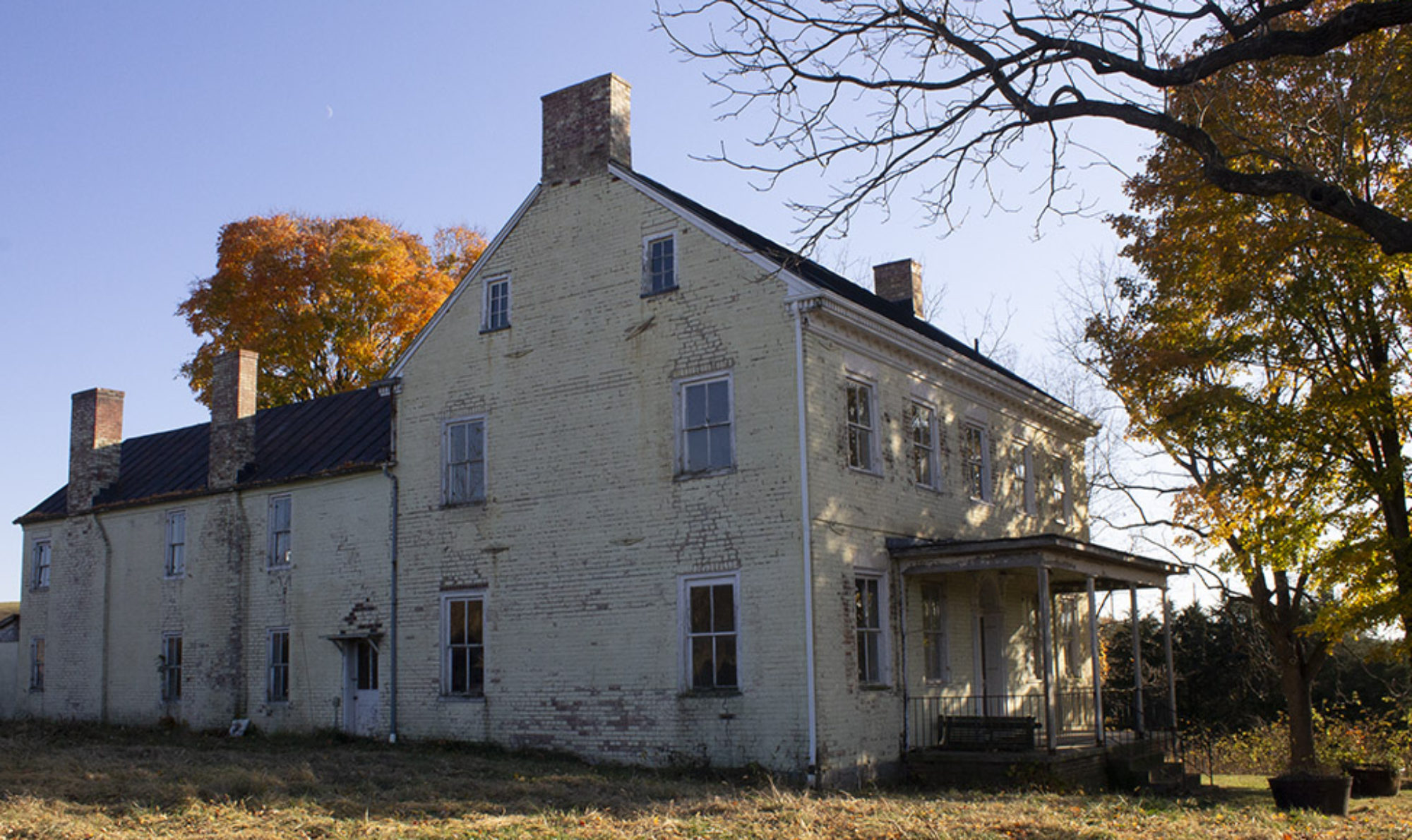Nick Baker, Daniel D’Amico, and Nick Spadaccini
In 1833, a newly emancipated African American man named Nathan persuaded Jacob Lincoln, Jr. and dozens of other white Rockingham County men to “unite with him” in a petition asking the General Assembly to allow Nathan “to spend the remnant of his days, in the said county in which he was born.”
African Americans, even once freed, were not equal in southern society. In Virginia, an 1806 law required all freed slaves to leave the Commonwealth within a year of emancipation (Guild, 72-73). Those who wished to stay had to petition for residency. Only white men were permitted to sign, vouching for the petitioner’s good character and testifying that they did not pose a threat to the community as a whole.

The most common reason for seeking to stay was family. Many freed slaves had family members who were still enslaved and did not want to abandon them. This was especially the case because very few former slaves had the means to purchase the freedom of their family members.
According to the petition, Nathan, who by his emancipation in 1833 was “considerably advanced in years,” had a “wife and four children” who were enslaved by Rockingham County farmer George Sites. With “no way of purchasing” his wife and children “in any short time,” even if Sites proved willing to sell them, Nathan asked his white neighbors to help him persuade the General Assembly to let him stay.
Jacob Lincoln, Jr. was one of the signers. Like many powerful families of the antebellum period, the Lincolns owned slaves and were involved in the slave matters of their neighbors. Nathan had been owned by the Dunlap family. Jacob Lincoln, Jr. almost certainly knew him personally. He may also have known his wife and children, who lived not far away on Linville Creek. An enslaver himself, Lincoln thought highly enough of Nathan to testify that he was not a threat to the community as a free person.

While enslavers sometimes sought to manipulate and exploit freed slaves, Jacob Lincoln, Jr. and the other petitioners appear to have had Nathan’s best interest at heart. This is clear because Nathan was old and had little to offer those speaking on his behalf, aside from being “a faithfull servant” in the past.
What happened to Nathan? Not much is known about his whereabouts after the 1833 petition. In 1834, residents of Rockingham County filed another petition on Nathan’s behalf. This petition had many of the same signatures, with the exception of Jacob Lincoln, Jr. The result of this petition is unknown.
If Nathan received permission and opted to remain in Rockingham County, he would have faced discrimination in labor and everyday life. He might have found work as a field hand, street sweeper, or outhouse cleaner, doing hard labor for low pay. He would have been a second-class member of society, subject to harassment and discrimination (West, 465). Nathan knew this grim outlook when he organized his petition to the General Assembly, but the bonds of family nevertheless persuaded him to seek to stay.
Works Cited
Citizens: Petitions, Rockingham County, 4 December 1833, Legislative Petitions Digital Collection, Library of Virginia, Richmond, Va.
Citizens: Petitions, Rockingham County, 2 December 1834, Legislative Petitions Digital Collection, Library of Virginia, Richmond, Va.
Guild, June Purcell. Black Laws of Virginia. New York, NY: Negro Univ. Press, 1969.
West, Emily. “‘Between Slavery and Freedom’: The Expulsion and Enslavement of Free Women of Colour in the US South before the Civil War.” Women’s History Review 22 (2013).






